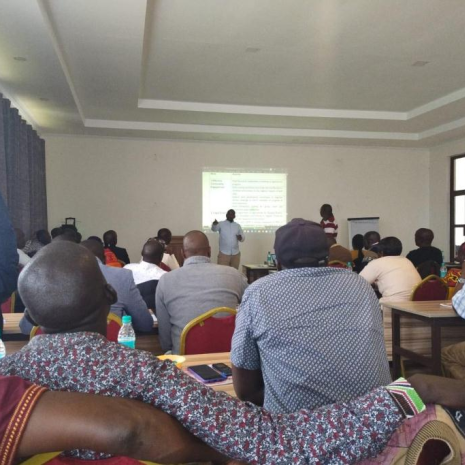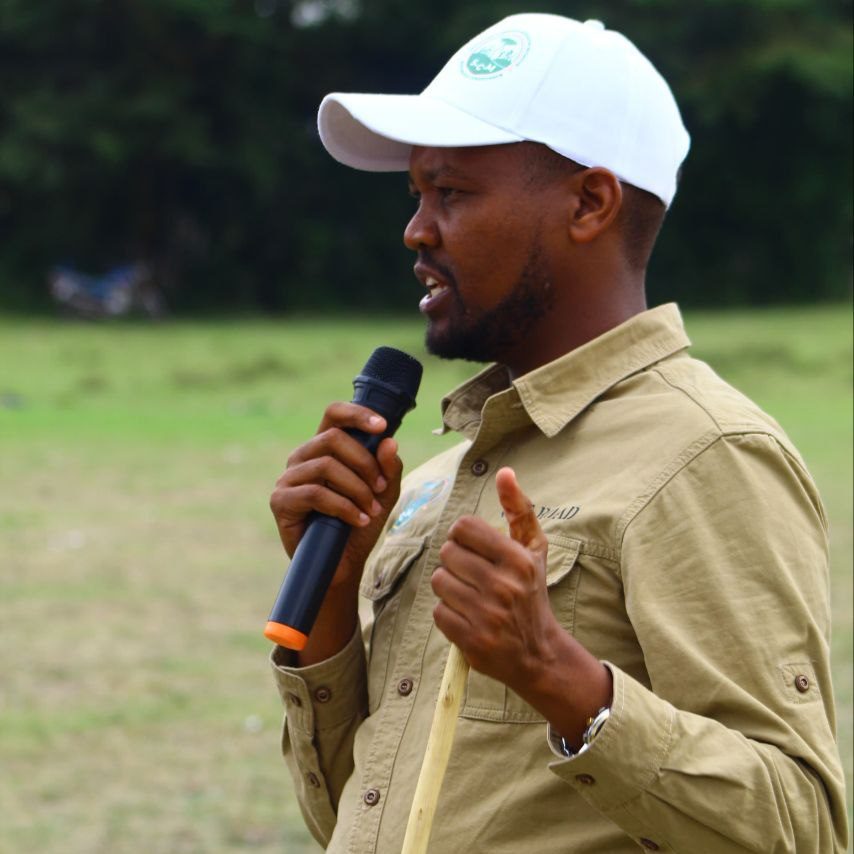Community-Based Monitoring and Early Warning Systems
1. Monitoring Systems
Establishing a community-based monitoring system, where local members report wildlife sightings and movements, is vital for proactive conflict mitigation. This system will be built on the strengths of traditional knowledge, combined with the training of volunteers to track wildlife patterns. This will enhance the community’s understanding of wildlife behavior and movements.
2. Early Warning Network
Implementing an early warning network using modern technology, such as a wildlife incident reporting platform (e.g., WhatsApp) and a toll-free emergency line, enables rapid communication of critical information about wildlife movements. This timely communication empowers communities to take preventative measures and minimize the risk of conflict.
3. Decision-Making Groups
The establishment of local neighborhood groups, comprised of elders, leaders, and community members, will facilitate informed decision-making on conflict mitigation strategies. These groups will use real-time data from monitoring systems to discuss and implement appropriate responses, ensuring a localized and community-driven approach to conflict management.

